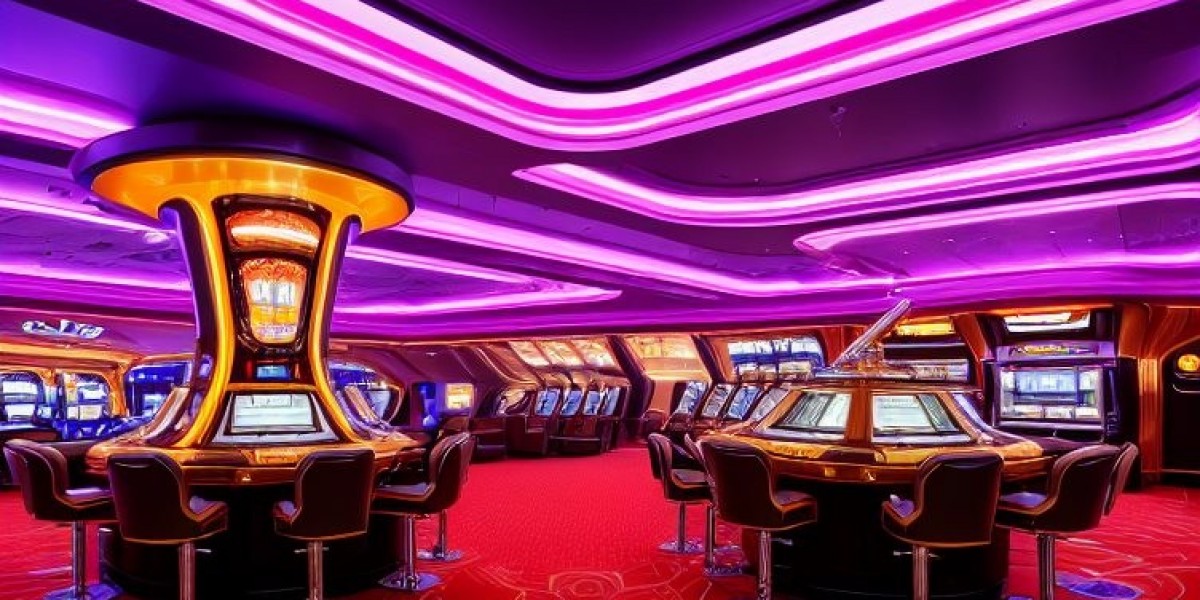Restaurant Delivery Robots: Automating the Future of Food Service
As the food and hospitality industry continues to embrace automation, restaurant delivery robots are becoming a compelling innovation—enhancing efficiency, reducing labor strain, and elevating the customer experience. These robots are transforming the way meals are delivered both within dining spaces and to customers' doorsteps, offering a blend of novelty and utility.
?️ What Are Restaurant Delivery Robots?
Restaurant delivery robots are autonomous or semi-autonomous machines designed to transport food and beverages from kitchens to dining tables or customer locations. Equipped with sensors, cameras, AI, and navigation systems, these robots can operate:
Indoors: Navigating restaurants, hotels, or food courts.
Outdoors: Delivering orders curbside, on sidewalks, or in urban neighborhoods.
Popular types include:
Indoor service robots (e.g., PuduBot, BellaBot)
Outdoor sidewalk robots (e.g., Starship Technologies, Kiwibot)
Autonomous delivery vehicles (e.g., Nuro)
? Key Benefits
?? Labor Efficiency
Frees up human staff from repetitive tasks like food running or order delivery.
Helps offset labor shortages and high turnover rates in the hospitality sector.
? Faster Service
Ensures timely, consistent delivery of orders within large or busy venues.
? Accuracy
Minimizes human error in order delivery, thanks to precise route programming and secure compartments.
? Customer Experience
Adds an element of novelty and tech appeal, especially in family-friendly or tech-forward restaurants.
? Cost Savings
Reduces reliance on third-party delivery services, helping restaurants retain margins.
? Where They're Being Used
Casual & fast-food chains: To carry food from kitchen to tables or pickup points.
Hotels & resorts: For room service and minibar restocking.
Hospitals & cafeterias: For hygienic, contactless meal delivery.
University campuses: For quick outdoor deliveries across buildings.
Urban neighborhoods: Via autonomous delivery bots that navigate sidewalks.
? Key Technologies Involved
LiDAR & cameras for navigation and obstacle avoidance
AI algorithms for path optimization and facial recognition (in some models)
Touchscreens or voice interfaces for user interaction
GPS & Wi-Fi/Bluetooth connectivity
Multi-level storage trays for delivering multiple orders simultaneously
? Market Outlook
The global restaurant and delivery robot market is growing rapidly, fueled by demand for automation and contactless service.
? Market Snapshot:
2023 Market Size: ~$500–600 million
Forecast (2032): ~$2.5–3 billion
CAGR: ~15–18% (2024–2032)
? Growth Drivers:
Rising labor costs
Surge in online food delivery
Demand for contactless solutions post-pandemic
Consumer openness to robot-assisted experiences
? Leading Players
Pudu Robotics
Bear Robotics
Starship Technologies
Kiwibot
Nuro
Serve Robotics
Richtech Robotics
? Future Trends
Integration with POS systems for real-time order syncing
AI-enhanced interaction (voice, emotion recognition)
Battery advancements for longer runtimes
Customization options (branding, tray configurations)
Fleet coordination in large venues like airports or stadiums
✅ Conclusion
Restaurant delivery robots are no longer a futuristic concept—they're a fast-growing solution for modern hospitality. By blending automation, intelligence, and user-friendly design, these robots help restaurants improve service speed, reduce operational costs, and deliver memorable dining experiences.
Whether deployed in a busy urban bistro or a sprawling hotel resort, delivery robots are redefining service with efficiency and charm.
Wantstats is a premium platform that provides unparalleled data and statistics across 30000 markets and 100 countries in both B2B and B2C segments. Designed to fit the needs of industry stakeholders, associations, libraries, students and many more looking for statistics.
Read More








